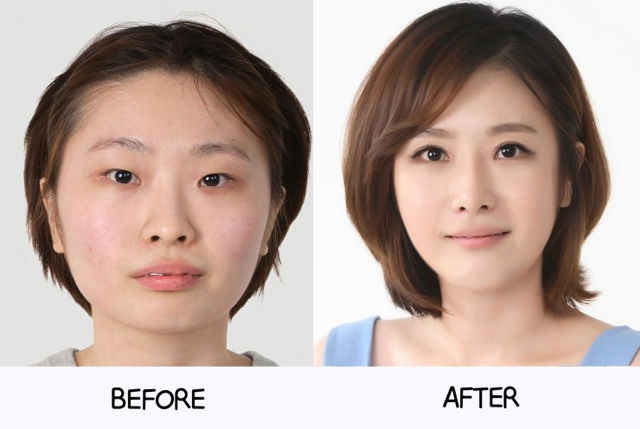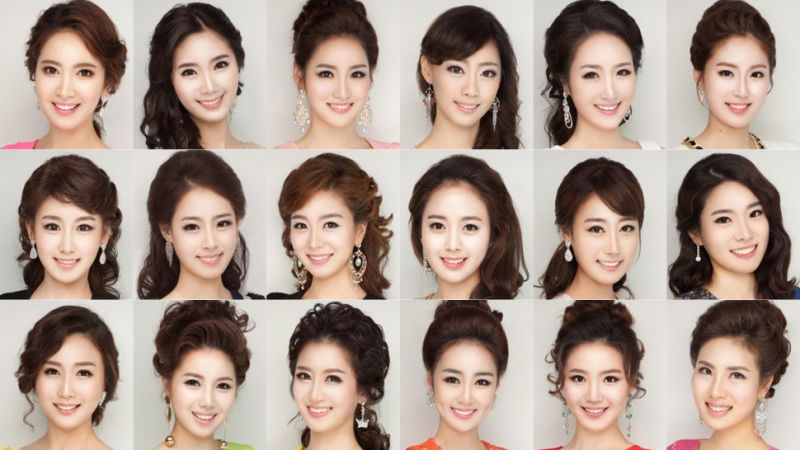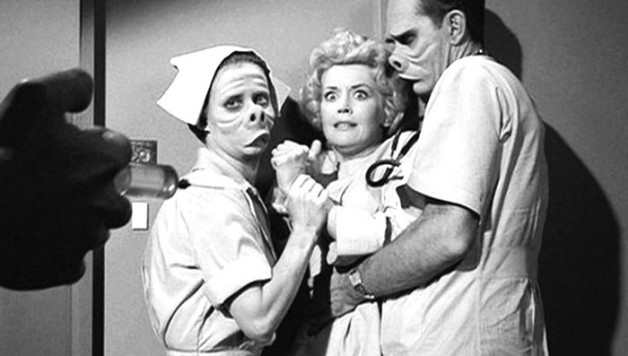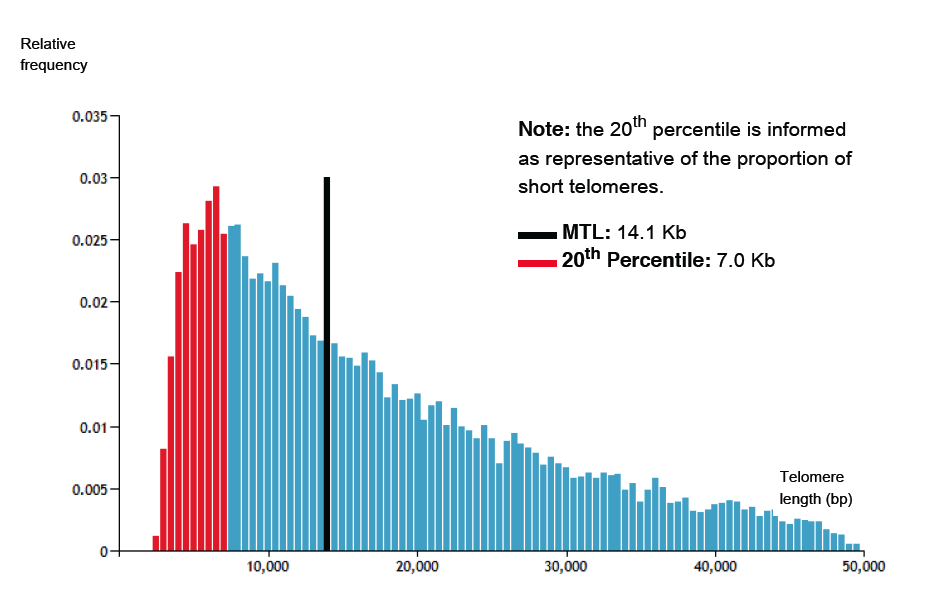
- Written:
- Author: Edward
- Posted in: dr ed park, slice of life, transhumanism
- Tags: Anthropology, beauty, Dr. Ed Park, height, korea, plastic surgery, transhumanism
This week, it is my honor to be in Seoul Korea as the keynote speaker at a meeting of the Korean Association of Anti-Aging Medicine. Yesterday, I visited my host who runs a longevity clinic in the center of the world’s capital of plastic surgery, “Gang Nam”, or the tony section south of the Han River where people travel from all over Asia to have their appearances altered, ‘Gangnam style’, if you will.

This is just my fourth trip to Korea. As a 10-year-old my parents enrolled me into a first grade class into a summer school session. My classmates must have thought me a gentle simpleton, like Lenny Small from Of Mice and Men, because I didn’t speak any Korean and I certainly felt like a mentally-challenged giant among those 6-year-old peers of mine.

In college, I came to Seoul to attend a 12-week course in Korean language studies only to find that I was again ‘the tallest kid in my class’. I recall during the 1987 riots for democracy that I felt like one of the tallest people in the country at 5’10” and could easily see over the lines of student protesters and riot police that clashed frequently in front of Yonsei University.
But eight years ago, when I visited with my family and found that I was just above average height as the post-IMF boom economy of South Korea had brought access to growth drugs and more meat consumption for children. Height may confer competitive advantage so many elected to enhance it and there are countless men over six feet now.
Here is the proof that something related to nutrition and growth-enhancing supplement which are commonly used, are working:
The average height for men living in Seoul reached 173.9 centimeters in 2013, up 10.2 cm from 163.7 cm in 1965, according to data released by the Seoul Institute. Their average weight rose by 15.3 kilograms, from 54.3 kg to 69.6 kg.
This trip, I am most struck by the women. You may know that South Korea has the highest rate of plastic surgery in the world and as you walk the streets, it is exceedingly rare to see any woman who has NOT undergone alterations. Just take a look at the faces of Ms. Korea in recent years (yes, these are all different people):

It is quite eerie to look into the faces of Korean women and not recognize the phenotypes present when I was here in 1987. Those women of matched age simply can’t be seen in a relatively affluent urban center.
So what happened? Transhumanism. People using technology to alter their humanity. In terms of game theory, you can talk platitudes of beauty being only skin deep but here it is de rigeure if you want to have self-respect and the acceptance of your culture.
There are a lot of Americans who misunderstand Korean plastic surgery as an attempt to look more Occidental. Others might overlay a moralistic sense and decry the dehumanizing nature of it. But the fact is that for South Korean women and many of the men now, there is no more consideration of the morality of body modification than there would be to wearing clothes or makeup. 
Anthropologically speaking, from an emic perspecitive, to NOT have the alterations in Korea would be akin to not wearing makeup, not shaving your legs and armpits, and wearing tank tops and sweatpants around as a young American woman. It is done, but is it really approved of?
Mark Twain said, “Modesty died when clothes were born“. In Korea, genetically-dictated faces died when plastic surgery was born. Enjoy this gif of different Ms. Koreas and while you shake your head, don’t for get that a lot of the statues of antiquity such as David and Aphrodite, look alike; different media, same idea…



Think that beauty is only skin deep? Then you may remember this scene from “The Eye of the Beholder”, The Twilight Zone, which raises an interesting point, albeit one that refutes what we know about symmetry, the golden ratio, and human nature…
Postscript:
Some would consider taking telomerase activators and potentially lengthening my lifespan as a form of transhuman modification. That is fair. Even if taking them becomes illegal tomorrow, I believe that my current median telomere length of 14,100 base pairs indicates that I could have added decades to my life expectancy even if I resume aging at the “normal” rate now.



2 thoughts on “South Korea: The Transhumanist capital of the world”
Loved your essay. I’m glad some of my points truck home with you as well. Take care again, Robert
Dr. Parke, loved your essay and I’m happy that that’s some of my observations resonated with you as well